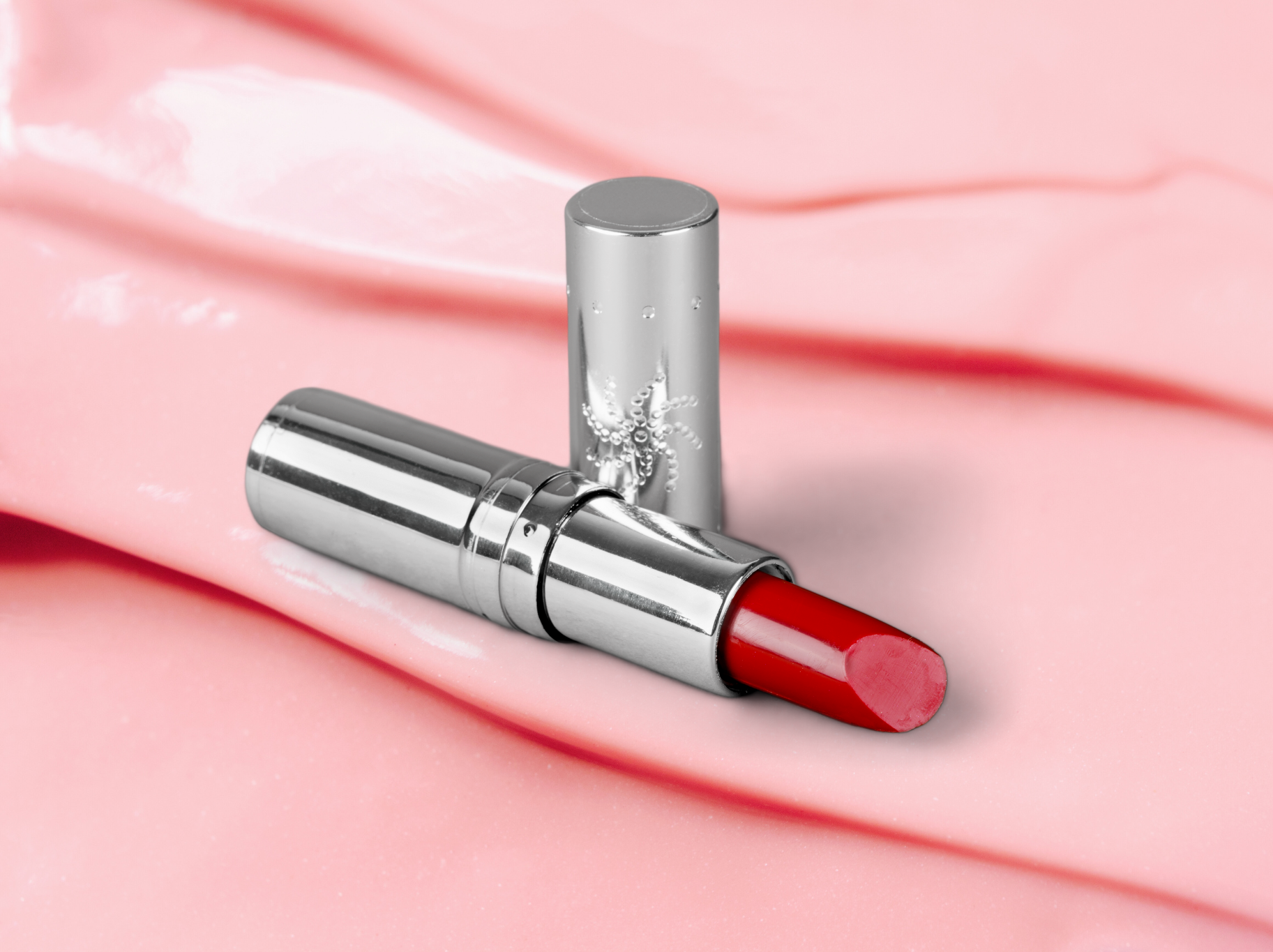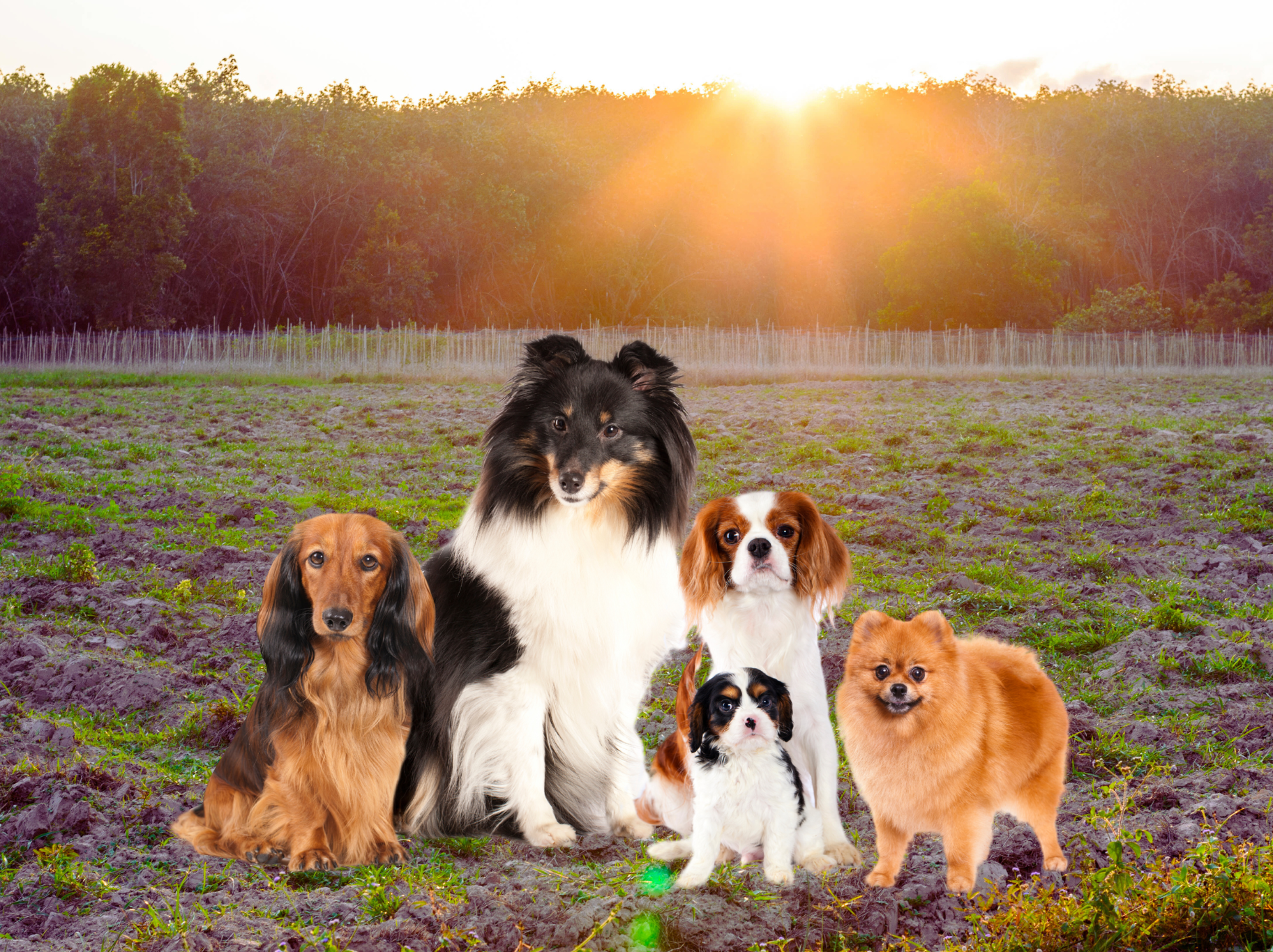Upcycling food waste streams into functional ingredients
Posted by | Arun Kumar
Fuld & Company partnered with a leading US-based global ingredient supplier to drive innovation and generate cost efficiencies. Fuld investigated the prebiotic potential and health benefits of food waste upcycled into animal or human foods to deliver actionable recommendations for product trials, saving the company two years of research.
“The report provides clear information for all of the various functional units in my team to utilize – marketing information, procurement information, research and even engineering. This work has saved our team many months or even years of our own work to put this type of information together.
The research conducted by Fuld enabled us to focus our trial efforts on the most viable solutions, saving our company both time and money.”
– R&D Innovation Manager
Objective
The pet food and rendering technologies arm of a US-based global ingredient supplier wanted to become a fully sustainable company as well as maximize cost savings on its functional foods. To achieve this, the division sought to explore the prebiotic potential, health benefits, and commercial viability of upcycling food waste for use in both animal and human foods. They then intended to begin research into the upcycling of food waste and conduct trials in functional foods based on Fuld’s recommendations.
Why Fuld
The company selected Fuld based on our expertise in waste valorization and overall management of circular economy processes.
Challenge
Fuld was asked to explore various food waste streams with prebiotic potential and other health benefits that could be used in pet or human foods. The challenge was to provide research recommendations which would suit the company’s product portfolio.
Approach
The Fuld team took a deep dive into researching different kinds of food waste, looking into their hidden benefits and how they could be reused or “upcycled.” We went through a massive pile of over 5,000 documents, including scientific studies, patents, blog posts, news articles, and information from company websites, to come up with solid advice for our client. We used trusted sources like Patseer, ScienceDirect, PubMed, Springer, and Nature to learn about various topics like vegetable, fruit, cereal, grain, nuts, and waste from industrial and animal processing, as well as prebiotics, the circular economy, and upcycling strategies.
Outcome
Our work led to discovering special food waste materials that could be turned into potential prebiotics and their useful qualities. We advised the client on where to find these waste materials and which ones should be used first in their products, taking into account their practical, business, and ease of use factors. We also pointed out areas that needed more research to fully understand how some of these waste materials can be best used. Our detailed analysis considered the viewpoints of various departments within the client’s company, like R&D, engineering, marketing, and procurement, going beyond what the company initially expected from us.
Impact
Our insights saved the food company a significant amount of time, roughly equal to two years of research, helping them speed up their process of trying out new products.
The company was really pleased with Fuld’s hard work and know-how, which led to a successful project that went above and beyond their expectations. They particularly liked how we presented our analysis and findings, making us a trusted partner in their journey towards sustainability and innovation. This project not only showed our value to the client but also opened up opportunities for us to work with people from the company all around the world.



















